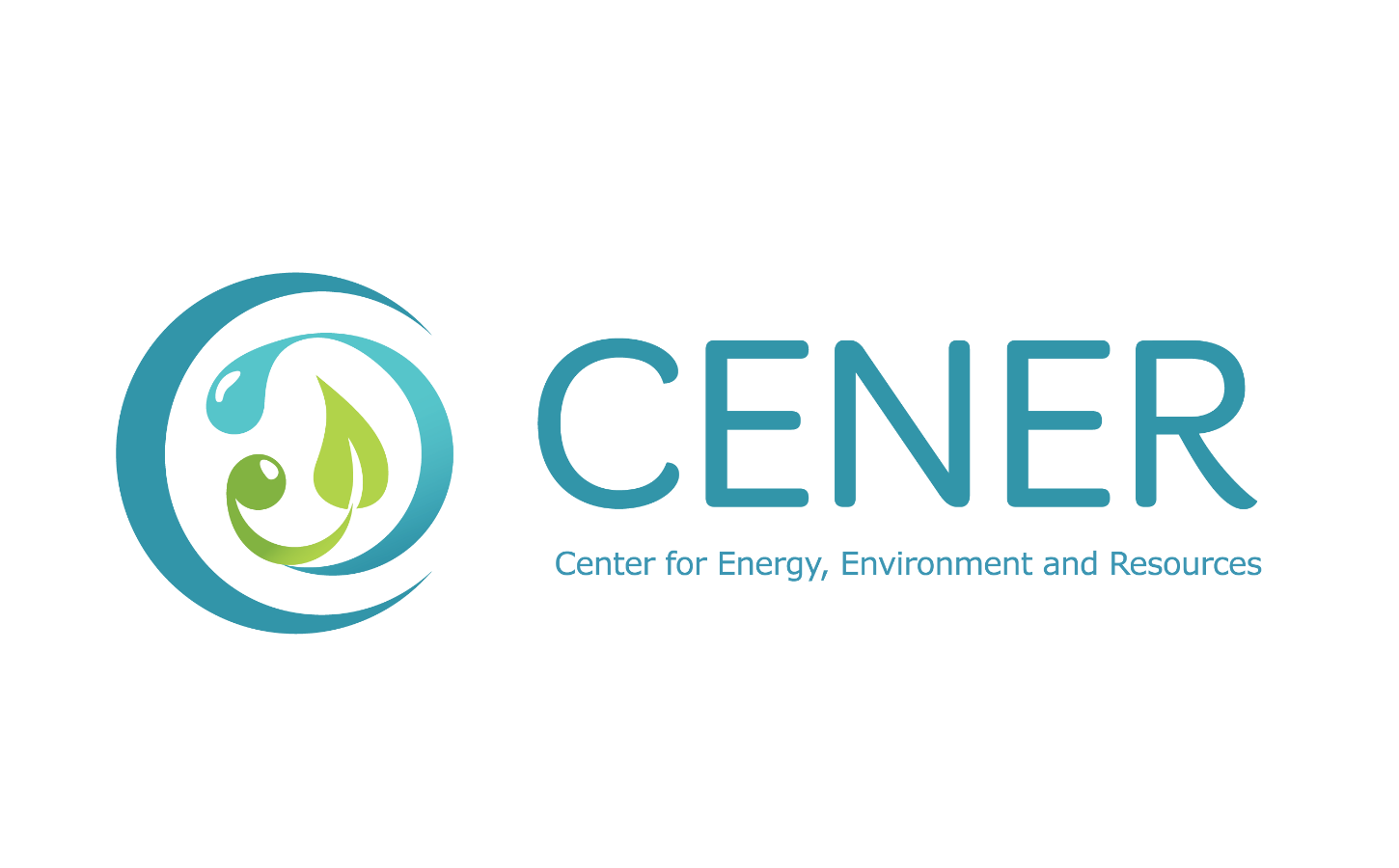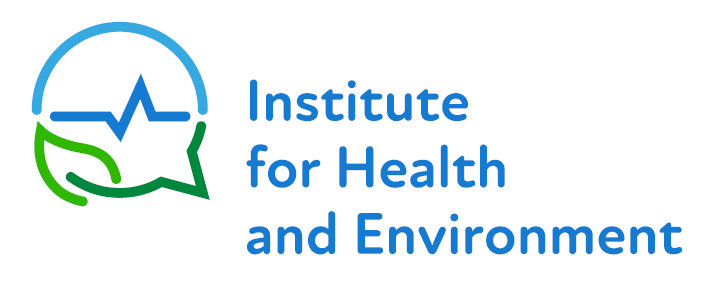



Common challenges tackled by the project
Partners working with us

The Technological Centre in Biodiversity, Ecology and Environmental and Food Technology (CT BETA) at
the University of Vic - Central University of Catalonia (UVIC-UCC) aims to be a relevant actor for the
technological development, the improvement of the competitiveness and the quality of life of rural
societies.
The impulse for fulfilling this goal comes from both the execution of R&D&I projects and
the transfer of knowledge to the private and public sector.

The WWF Mediterranean Marine Initiative is a concerted, coordinated effort bringing together all the WWF
offices in the region.
Our vision is to mobilize society, engage stakeholders, help create the necessary
conditions that will enable the much needed transformative changes in marine conservation.

Center for Energy, Environment and Resources (CENER 21) is a non-governmental, nonprofit organization established
in 2006 with the mission to contribute to sustainable development in South East Europe.
CENER 21 works directly
with key stakeholders, including international organizations, the government, industry and local authorities
deploying technical expertise in the areas of:
